Hot Products
- Lavender Essential Oil
- Jasmine Essential Oil
- Rose Essential Oil
- Ylang Ylang Essential Oil
- Patchouli Essential Oil
- Sandalwood Essential Oil
- Helichrysum Essential Oil
- Neroli Essential Oil
- Chamomile Essential Oil
- Clary Sage Essential Oil
- Eucalyptus Essential Oil
- Lemon Essential Oil
- Lemongrass Essential Oil
- Orange Essential Oil
- Peppermint Essential Oil
- Rosemary Essential Oil
- Tea Tree Essential Oil

<< Home << Cumin Seed
Cumin Seed
Cumin Seed
Originated from the Mediterranean area, cumin is a small annual herb. It grows up to a height of 50 cm. It has deep green, feather leaves and tiny white or pink flowers. The flowers are followed by small oblong seeds, which are used to extract Cumin essential oil by the stem distillation method. Cumin seeds are widely used in Indian subcontinent for regular culinary purpose. It is also considered as a very effective remedy to cure digestive issues.
| General Name: | Cumin Seed |
| Botanical Name: | Cuminum Cyminum |
| Method of Extraction: | Steam Distilled |
| Part of Plant Used: | Seeds |
| Origin: | India |
| Application: | Cumin essential oil is warming oil and is used during muscular pains and osteoarthritis. • It is very helpful in fighting digestive diseases, such as colic, dyspepsia, flatulence, bloating and indigestion. • Cumin essential oil is also beneficial in |
| Strength of Aroma: | Medium |
| Color: | Colorless to pale yellowish gree |
| Blends Well With: | Angelica, Caraway, Lavender, Rosemary, Chamomile, and essential oils with an oriental flavor. |
| Aromatic Scent: | Spicy, penetrating scent. |
| History: | Known since the time of Bible, for its digestive properties Cumin essential oil is used by Egyptians to treat headaches. Pharisees used Cumin to pay their taxes and in Middle Ages, feudal lords paid serfs with Cumin for services rendered. |
| Precautions: | Cumin essential oil is photo-toxic and should not be directly exposed to sun. Avoid during pregnancy and with sensitive skin. |





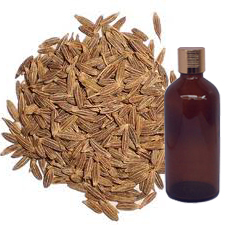
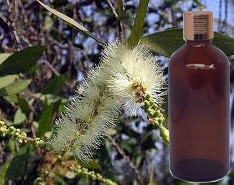
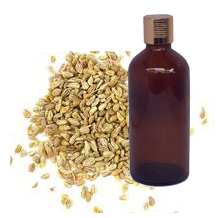
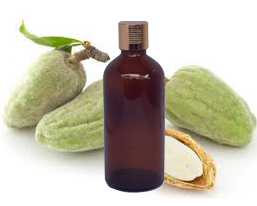
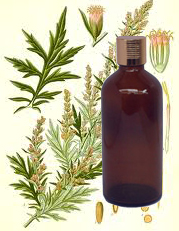
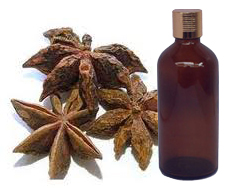
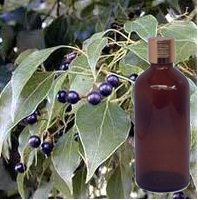
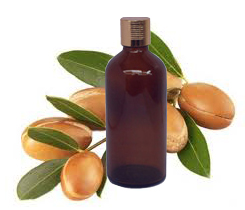

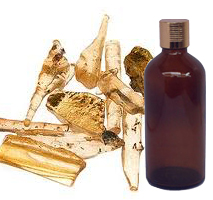
 E-mail:
E-mail:  MSN:
MSN: SKYPE:
SKYPE: